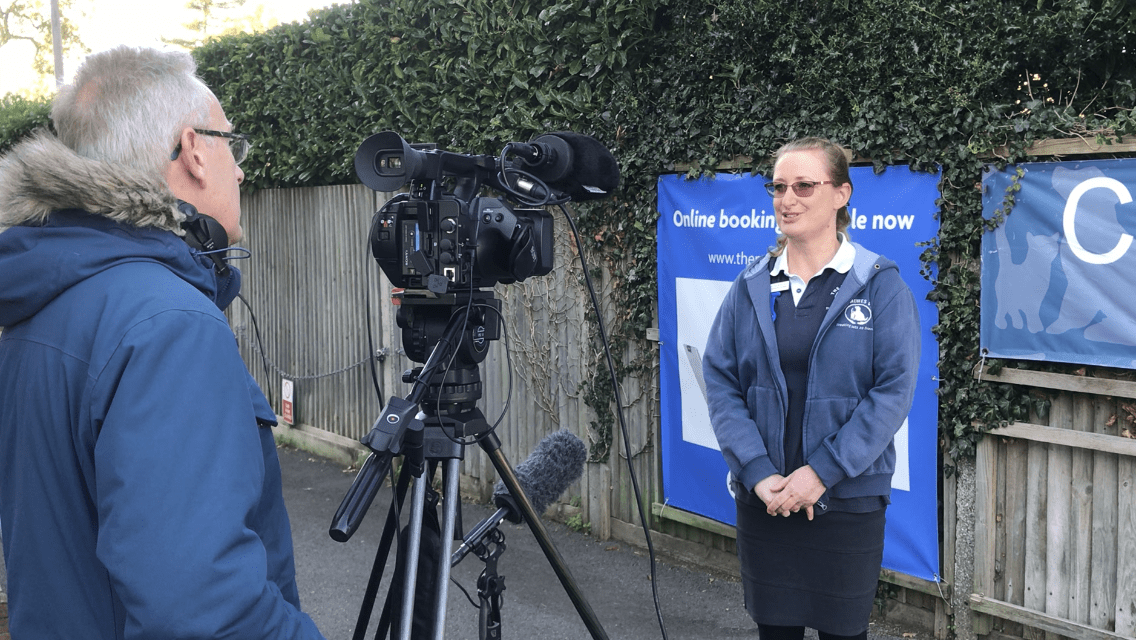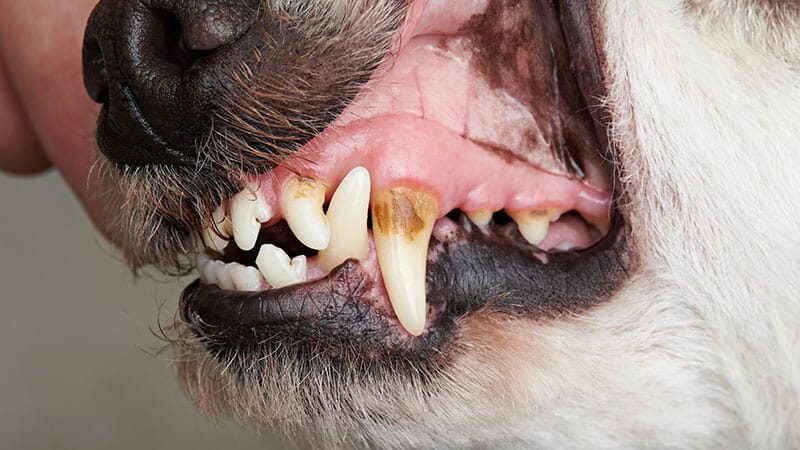I had a huge excitement recently – an appearance on ITV Meridian News. My TV debut!
It was a privilege to be asked to offer comment on their story about the cost of pet insurance.
ITV aired another story of more urgent concern to me in the same week. This was the recent discovery that certain pet anti-flea spot-on products are detectable in some English waterways. This was first reported in the journal Science of the Total Environment.
I was immediately concerned. I would be horrified if any decisions and recommendations I made were causing harm to the environment.
The concern was voiced that the various products tested for might be causing harm to the insects that are vital to ecosystems and wildlife. However, there is quite a huge step from detecting chemicals in waterways to knowing for sure how much harm they are doing.
The knee-jerk reaction is to immediately change to a different product. But the problem is, we have no idea what potential risks are associated with any products that we might change to. There is simply insufficient data out there to help us to decide.
As a GP vet I need to guide my pet owners about products that are safe for their pets, effective, and cost-effective. Now I want to add environmental protection to that list too. This may take a little time.
One idea I cannot support is to treat less often, or not at all.
For dogs, there is a very real risk of death from a preventable lungworm infestation. I will certainly continue to recommend regular treatment for this.
And for both cats and dogs, I can remember the days when I first qualified when it was not yet normal to give pets regular flea control.
Many pets I saw were heaving with unwanted guests. It was unpleasant to handle them, as I could feel the fleas jumping onto my skin. I had to treat so many skin issues and allergic issues, which are much less of a problem now. And once fleas get one of their six feet into your carpets they are really hard to get rid of.
I am making a commitment to review our advice carefully. This will include requesting guidance from the Veterinary Medicines Directorate. In the meantime, a sensible approach was offered by vet Ian Wright, who is the guideline director for the European Scientific Counsel of Companion Animal Parasites. He advises that dogs treated with a spot-on should be prevented from swimming and to avoid shampooing them as much as we reasonably can.
I am sure there will be more on this, as further evidence emerges. Meanwhile, if you would like to see my small TV contribution, go to our Facebook page, The Mewes Vets.




